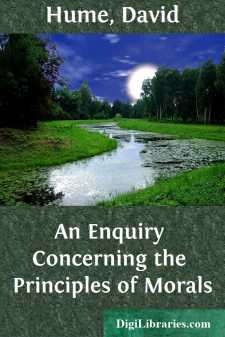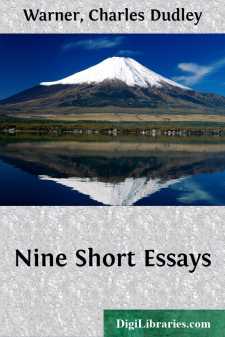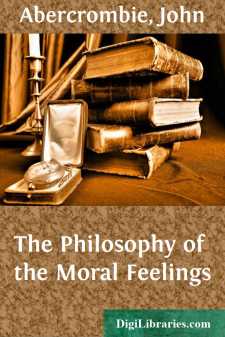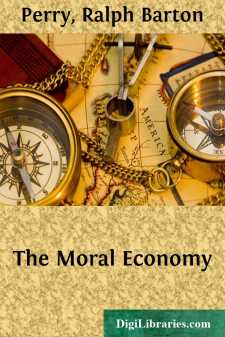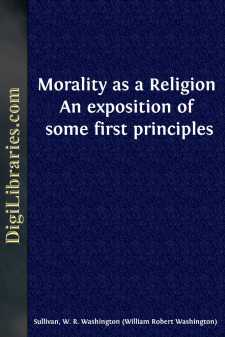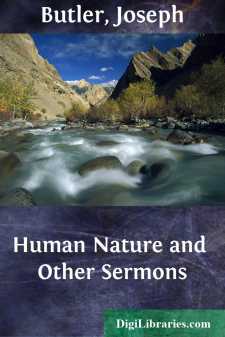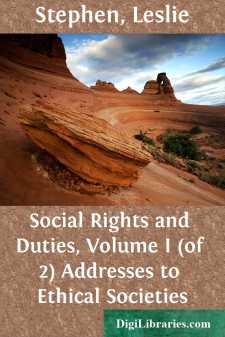Categories
- Antiques & Collectibles 13
- Architecture 36
- Art 48
- Bibles 22
- Biography & Autobiography 813
- Body, Mind & Spirit 142
- Business & Economics 28
- Children's Books 13
- Children's Fiction 10
- Computers 4
- Cooking 94
- Crafts & Hobbies 4
- Drama 346
- Education 46
- Family & Relationships 57
- Fiction 11828
- Games 19
- Gardening 17
- Health & Fitness 34
- History 1377
- House & Home 1
- Humor 147
- Juvenile Fiction 1873
- Juvenile Nonfiction 202
- Language Arts & Disciplines 88
- Law 16
- Literary Collections 686
- Literary Criticism 179
- Mathematics 13
- Medical 41
- Music 40
- Nature 179
- Non-Classifiable 1768
- Performing Arts 7
- Periodicals 1453
- Philosophy 64
- Photography 2
- Poetry 896
- Political Science 203
- Psychology 42
- Reference 154
- Religion 513
- Science 126
- Self-Help 84
- Social Science 81
- Sports & Recreation 34
- Study Aids 3
- Technology & Engineering 59
- Transportation 23
- Travel 463
- True Crime 29
Sort by:
by:
David Hume
SECTION I. OF THE GENERAL PRINCIPLES OF MORALS. DISPUTES with men, pertinaciously obstinate in their principles, are, of all others, the most irksome; except, perhaps, those with persons, entirely disingenuous, who really do not believe the opinions they defend, but engage in the controversy, from affectation, from a spirit of opposition, or from a desire of showing wit and ingenuity, superior to the...
more...
A NIGHT IN THE GARDEN OF THE TUILERIES It was in the time of the Second Empire. To be exact, it was the night of the 18th of June, 1868; I remember the date, because, contrary to the astronomical theory of short nights at this season, this was the longest night I ever saw. It was the loveliest time of the year in Paris, when one was tempted to lounge all day in the gardens and to give to sleep none of...
more...
by:
John Abercrombie
NATURE AND IMPORTANCE OF THE SCIENCEOF THE MORAL FEELINGS. Man is to be contemplated as an intellectual, and as a moral being. By his intellectual powers, he acquires the knowledge of facts, observes their connexions, and traces the conclusions which arise out of them. These mental operations, however, even in a high state of cultivation, may be directed entirely to truths of an extrinsic kind,—that...
more...
CHAPTER I MORALITY AS THE ORGANIZATION OF LIFE In the words with which this book is inscribed, Bishop Butler conveys with directness and gravity the conviction that morality is neither a mystery nor a convention, but simply an observance of the laws of provident living. "Things and actions are what they are, and the consequences of them will be what they will be: why then should we desire to be...
more...
PREFACE. A recent work by M. Guyau was originally announced under the title of The Non-Religion of the Future, and, doubtless, an impression is generally prevalent that, with the modification or disappearance of traditional forms of Belief, the fate of Religion itself is involved. The present volume is a plea for a reconsideration of the Religious question, and an inquiry as to the possibility of...
more...
by:
Joseph Butler
INTRODUCTION. Joseph Butler was born in 1692, youngest of eight children of a linendraper at Wantage, in Berkshire. His father was a Presbyterian, and after education at the Wantage Free Grammar School Joseph Butler was sent to be educated for the Presbyterian ministry in a training academy at Gloucester, which was afterwards removed to Tewkesbury. There he had a friend and comrade, Secker, who...
more...
I. By that which is self—caused, I mean that of which the essence involves existence, or that of which the nature is only conceivable as existent. II. A thing is called finite after its kind, when it can be limited by another thing of the same nature; for instance, a body is called finite because we always conceive another greater body. So, also, a thought is limited by another thought, but a body is...
more...
by:
Leslie Stephen
THE AIMS OF ETHICAL SOCIETIES. I am about to say a few words upon the aims of this society: and I should be sorry either to exaggerate or to depreciate our legitimate pretensions. It would be altogether impossible to speak too strongly of the importance of the great questions in which our membership of the society shows us to be interested. It would, I fear, be easy enough to make an over-estimate of...
more...
HUMAN NATURE. Truths of the physical order may possess much external significance, but internal significance they have none. The latter is the privilege of intellectual and moral truths, which are concerned with the objectivation of the will in its highest stages, whereas physical truths are concerned with it in its lowest. For example, if we could establish the truth of what up till now is only a...
more...
TO JOHN RUSKIN. My dear Mr. Ruskin,—You have given me very great pleasure by allowing me to inscribe this book to you, and for two reasons; for I have two kinds of acknowledgment that I wish to make to you—first, that of an intellectual debtor to a public teacher; secondly, that of a private friend to the kindest of private friends. The tribute I have to offer you is, it is true, a small one; and...
more...


